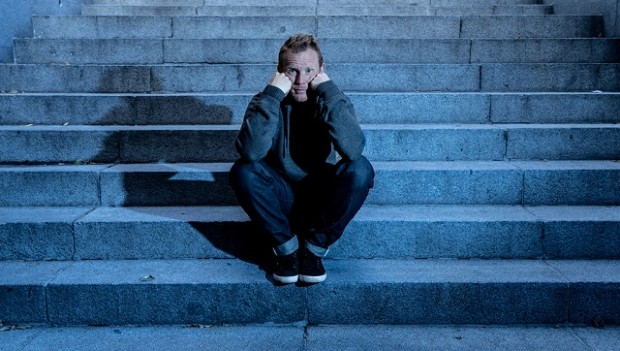

As the shelves at supermarkets around the country are laid bare amid a flurry of panic buying, community organisations are calling for the support of retailers to help the most vulnerable Australians at this time.
While many people may be able to self-isolate or socially distance themselves in the comfort of their own home, it’s difficult for those on the streets or staying in a shelter, refuge or medium-term accommodation.
In response to the growing demand for food and essential items, Coles announced on the weekend that it will donate extra supplies to food relief organisations SecondBite and Foodbank Australia to the retail value of $1 million.
“For many years, we have donated surplus edible food from our supermarkets and distribution centres, but sadly we are hearing that an increasing number of people in our community are facing particularly tough times as a flow-on effect of the coronavirus,” said Coles CEO Steve Cain.
“We hope that by donating an additional $1 million in food each week to SecondBite and Foodbank, we can help get food and essentials to people who are especially vulnerable at this unprecedented time.”
According to the NSW peak body for youth homelessness, Yfoundations, COVID-19 has already impacted 18 per cent of youth services in Australia. The panic buying at supermarkets has not only affected vulnerable people, but services as well, which rely on those retailers for products, rather than bulk suppliers.
“People sleeping rough are normally able to access charity food vans but these vans are struggling to access food and it is difficult to ensure social distancing, and so they have limited their operations,” said Pam Barker CEO of Yfoundations. “Services are also struggling to access sanitising products (hand sanitiser, soap, gloves and wipes) that can help them ensure healthy environments for clients.
“Yfoundations and Homelessness NSW are calling on retail suppliers which provide food and basic sanitising products (liquid soaps, spray cleaners, tissues and toilet paper) to help in assisting the sector to purchase products to keep our most vulnerable people fed and healthy.”
Barker suggested supermarkets put a system in place for homelessness services to place orders before panic buying takes over. She asked if retailers may be able to help the services on the front lines helping those most vulnerable.
Gali Blacher is the co-founder of social enterprise Good Box, which creates packages filled with hygiene and non-perishable products for those living on the street. The business is working with charities such as Orange Sky Australia, Sunny Street Australia, Dignity and Jewish House to distribute their boxes and is looking for retailers to donate products.
“With panic buying and product shortages, we are extremely worried about those experiencing homelessness who do not have frequent access to hygiene and non-perishable items nor do they have the luxury to easily ‘self-isolate’,” she said.
“Send any non-perishable items, hand sanitisers and baby wipes our way! The charities we supply the boxes to are asking for hand sanitisers and wet wipes (which are pretty hard to get right now). Fruit cups, baked beans, canned spaghetti, dark chocolate, supermarket vouchers are all very helpful right now.”
This story first ran in Inside Retail Weekly. Given the current crisis, we have decided to unlock all premium content to non-subscribers. If you would like to support Inside Retail, please consider subscribing here.

